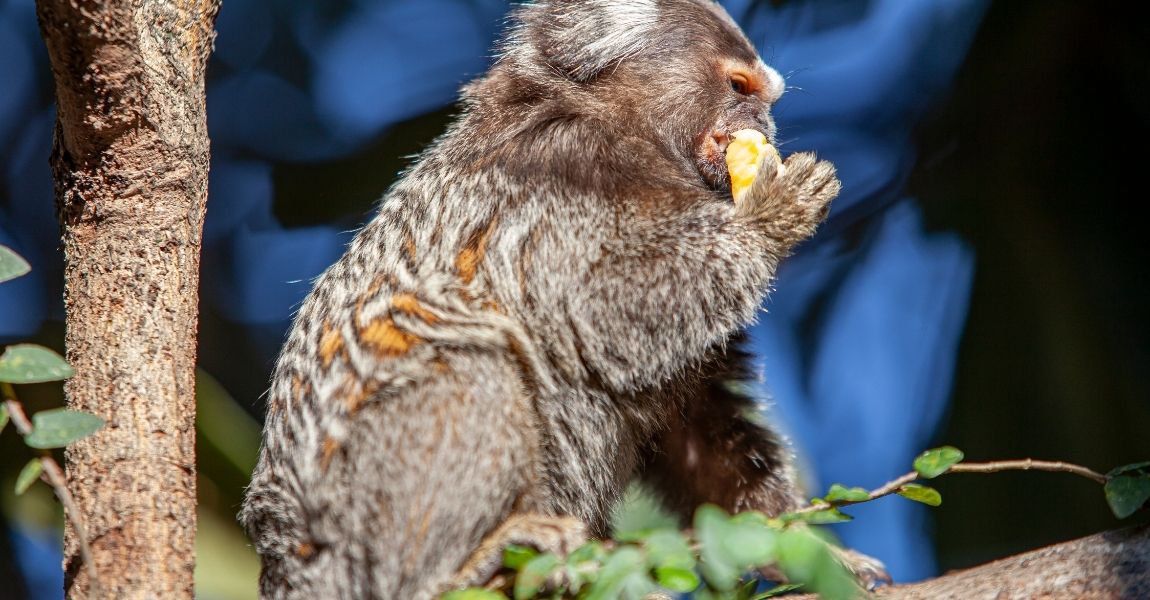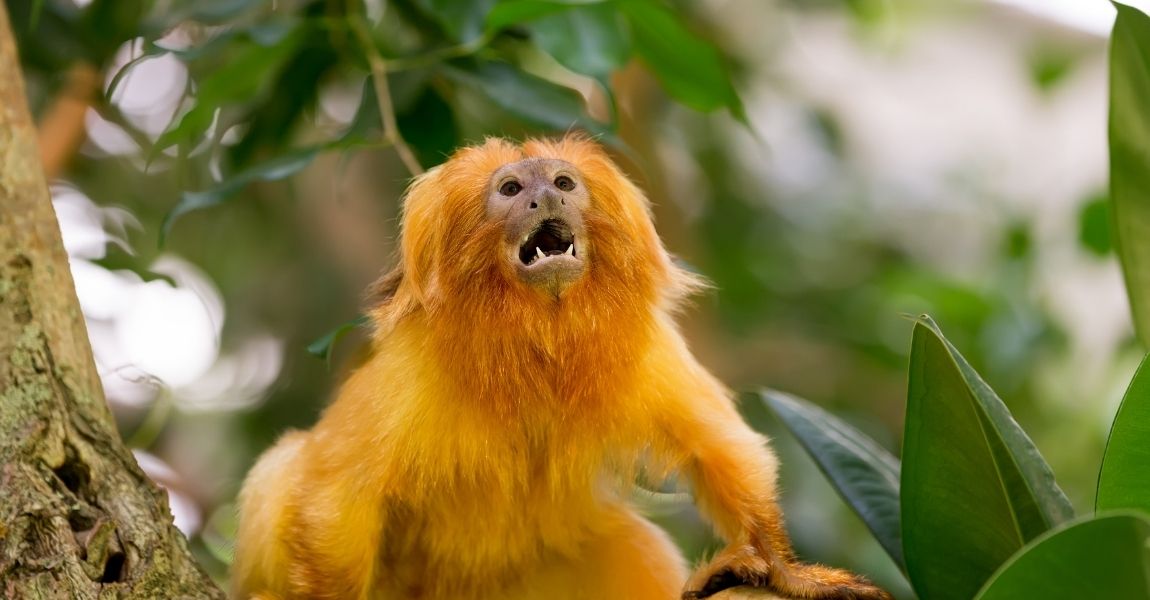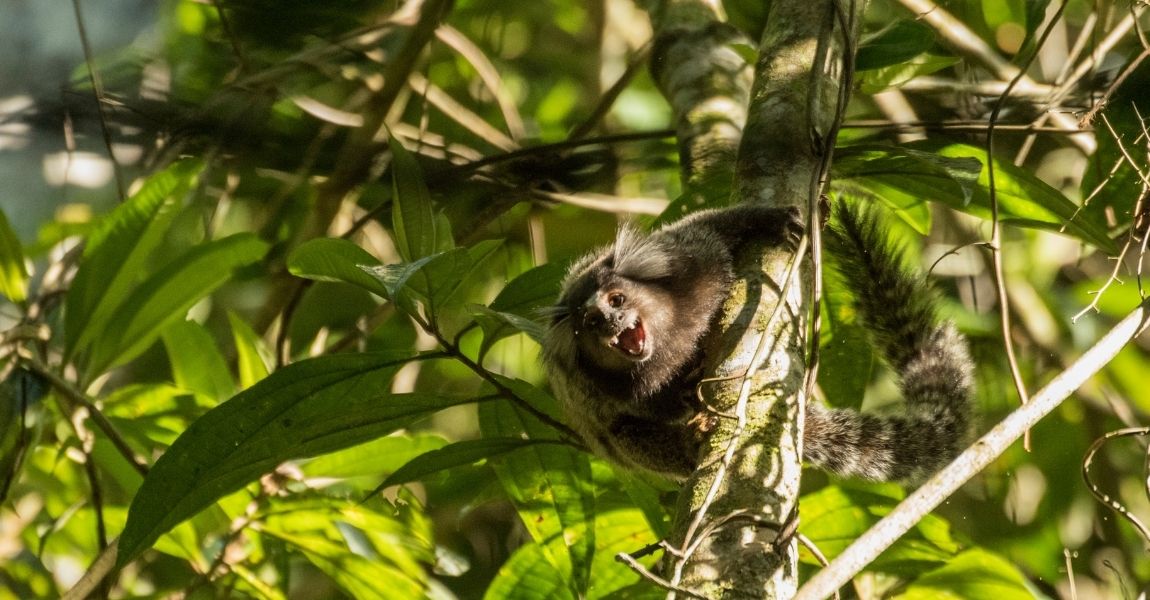The Exciting Journey to Solid Foods
Introducing your pet baby marmoset monkey to solid foods is a significant milestone in their life journey. It's a process that requires patience, understanding, and a deep knowledge of their dietary needs. This comprehensive guide will help you navigate this crucial phase, ensuring your marmoset grows healthy and strong.
Understanding the Timeline
Baby marmosets, much like human infants, start their lives consuming only milk. In the wild, they nurse from their mothers, but in a home setting, a specially formulated primate milk or Infant milk formula will be their primary source of nutrition during the initial weeks.
The transition to solid foods usually begins around the age of 4 to 6 weeks. However, this timeline can vary depending on the individual monkey's development and health. It's crucial to consult with a vet or an exotic pet specialist before making any dietary changes to ensure the best for your marmoset.
The Balanced Diet of a Marmoset
Marmosets are omnivores, meaning their diet in the wild consists of a mix of plant and animal matter. A balanced diet for a marmoset includes a variety of fruits, vegetables, proteins, and carbohydrates.
Fruits
Soft fruits are an excellent starting point. Pears, kiwi, pomegranate, berries in all varieties, watermelon and other varieties of melon, papaya, passion fruit, apples, litchi, oranges, and mango are all good choices. Bananas and grapes can also be given, but in small amounts as these contain very high sugar levels. Remember to cut them into small, manageable pieces to make it easier for your baby marmoset to eat.
Vegetables
Vegetables should preferably be cooked, as they will be easier for your Marmoset to eat than the raw hard ones. Carrots, pumpkin, butternut, sweet potato, peas, beans, corn on the cob, broccoli, marrows, gem squash, and cauliflower are all excellent choices. Again, ensure these are cut into small pieces or mashed to prevent choking.
Proteins and Carbohydrates
Proteins are vital for your marmoset's growth and development. Start introducing proteins gradually. This can include mealworms, crickets, boiled eggs, cooked beans, cooked chicken, and cottage cheese. Cheddar cheese can also be given in moderation.
As your marmoset grows, cooked grains like rice or quinoa can be introduced. These provide the energy your marmoset needs to be active and playful. Whole wheat bread, scrambled eggs, cooked rice, and cooked pasta are also good sources of carbohydrates.
Insects
Mealworms are a favorite among marmosets and can be introduced as part of their diet.
The Transition Process
The transition from milk to solids should be a gradual process. Start by offering small amounts of solid food while continuing to provide milk. You can mash the fruits and vegetables to make them easier to consume.
Offer the solid food on a spoon or in a shallow dish. Encourage the marmoset to try the food, but don't force it. This should be a positive experience, and the marmoset should associate meal times with enjoyment.
As the marmoset becomes more comfortable with solid food, gradually increase the quantity. By around 3 to 4 months of age, solid food should make up a significant portion of their diet, though they'll still require milk.
Monitoring and Adjusting
Monitoring your marmoset's weight and overall health during this transition is crucial. Regular check-ups with a vet experienced in exotic pets are essential. If the marmoset refuses food, loses weight, or shows signs of illness, seek veterinary care immediately.
Remember, every marmoset is unique and may take to solid foods at their own pace. Patience, persistence, and lots of love are the keys to a successful transition.
Food Supplements
If you are giving your monkeys a balanced and versatile diet, then very few supplements will be needed. Calcium Deficiency is a possibility, and adding a little bit of extra calcium into the diet can be beneficial. Just remember that the absorption of Calcium into the body relies almost entirely on the presence of Vitamin D3. This is why it is essential that your Marmoset receives direct sunlight on a daily basis. Vitamin D3 is produced from direct sun to skin exposure (not through glass).
Be careful with adding extra vitamins to your Marmosets diet, as this can be a danger to their livers in too large amounts. If you maintain a balanced diet of fruits and vegetables, your marmoset should receive all the nutrition it needs. Natural vitamins obtained from a correct diet are more beneficial than any supplement.
A small amount of Energade - on extremely warm days - can help to put all the electrolytes back into your Marmosets system. It is also very good to prevent dehydration, and so in cases where your Marmoset is suffering from diarrhea, it is very good.
Conclusion
Introducing your baby marmoset to solid foods is an exciting and rewarding process. It's a chance to bond with your pet and contribute to their healthy growth and development. With patience and careful monitoring, you'll soon see your marmoset thriving on their new diet. Always ensure that your Marmoset has access to fresh water at all times.
Remember, the care for these exotics is a responsibility that should not be taken lightly. Always adhere to the guidelines provided by Absolute Exotics SA and consult with a professional if you have any doubts or concerns.





